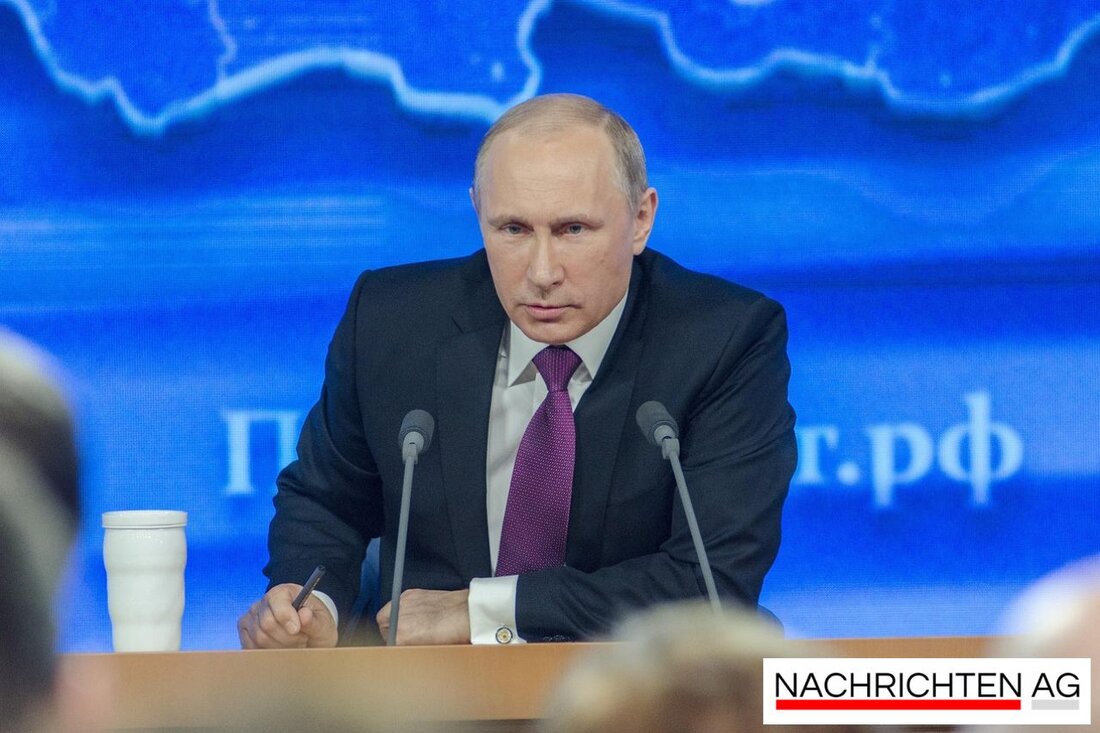Gasoline shortage in Russia: Weeks of traffic jams due to drone attacks!
Russia is struggling with a gasoline shortage following Ukrainian attacks on oil refineries. Motorists face long queues.

Gasoline shortage in Russia: Weeks of traffic jams due to drone attacks!
In recent weeks, the situation at Russian gas stations has worsened dramatically. A look at Russia's gasoline supply reveals a picture that shows drivers queuing at gas stations as fuel becomes scarce. The reason? Ukrainian drone strikes targeting oil refineries and fuel depots in Russia. So reported ZDF today, that these attacks reduced gasoline production in Russia by up to 20 percent.
How dramatic the situation really is is shown by the fact that at many gas stations in Russia, gasoline purchases are limited to 20 liters per person. Drivers sometimes have to wait in line for up to two hours to fill up their car. According to the information from daily news Over 360 gas stations have stopped selling in the last two months, while in Crimea every second gas station is affected by the gasoline shortage.
A strategy in war
Ukraine's attacks are part of a systematic strategy aimed at forcing Kremlin leader Vladimir Putin to the negotiating table. Military experts emphasize that the attacks have been occurring on a large scale since August. Most notably, on the night of October 16, Ukraine attacked a refinery in Saratov, over 500 kilometers from the border with Ukraine - a clear sign of its determination to weaken Russia's economic potential.
Ukrainian drones are said to have attacked not only refineries, but also Russia's electricity supply, causing significant logistics problems. Loud People's voice Both the Ryazan and Novoshakhtinsk refineries, the largest producer of oil products in southern Russia, suffered severe damage.
The reactions in Russia
In response to the attacks, Russia is trying to stabilize the internal market. For this purpose, gasoline prices are regulated and compensation is provided by the state. However, experts warn that the gasoline shortage and the associated rise in food prices in Russia could last for months. Russia's Deputy Energy Minister has also highlighted the increasing need for gasoline, while at the same time the possibility of returning to normality by the end of the year is considered unlikely.
As part of the so-called Russian Energy Week, President Putin praised the stability of Russia's energy sector, an attempt to boost national morale as the economic impact of the war continues to be felt. At the international level, US President Donald Trump announced that he would speak to Ukrainian President Volodymyr Zelensky about his army's successes. Trump’s administration is bringing additional support measures into play that could potentially further increase pressure on Russia.
The coming weeks and months could be crucial. While Ukraine is actively adjusting its strategies, it remains to be seen how Russia will respond to the current challenges and whether the announced negotiations actually result in Putin being willing to reconsider his course.

 Suche
Suche
 Mein Konto
Mein Konto